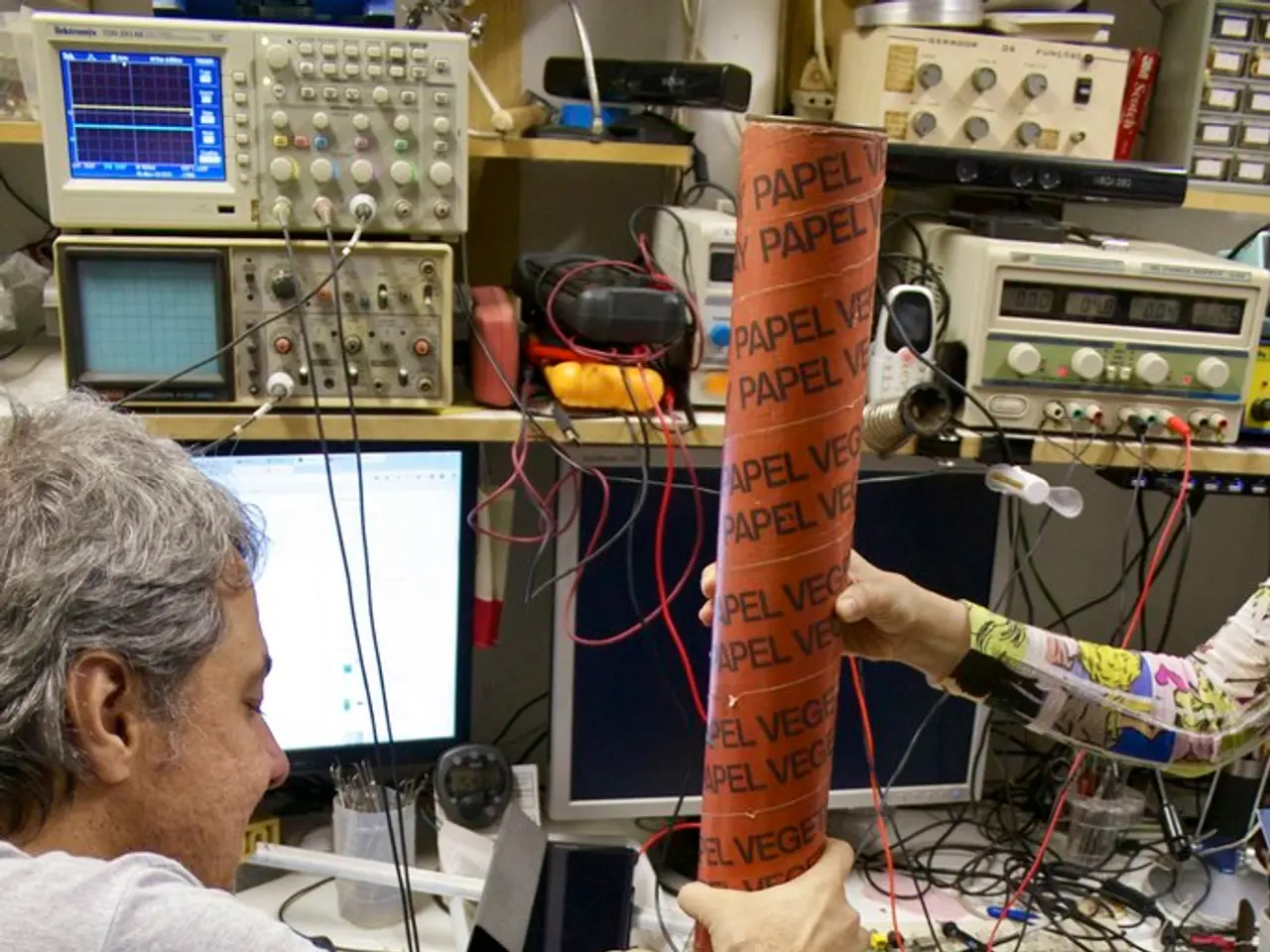Breaks Boost Brain Health: Neuroscientist's Surprising Findings
British neuroscientist Joseph Jebelli, currently researching at the University of Cambridge, shares surprising insights about the importance of breaks for our mental health. Contrary to societal norms, taking time off from work can boost creativity, reduce the risk of dementia, and even slow down brain aging.
Jebelli highlights the benefits of targeted breaks. These pauses, when used strategically, can enhance focus and problem-solving skills. He argues that society's perception of success, often tied to long working hours, is misguided. Overwork, he warns, makes us sick and accelerates brain aging.
In an increasingly fast-paced, AI-driven work environment, these breaks are more crucial than ever. Jebelli suggests activities like walks, power naps, and daydreaming are not signs of laziness but essential for mental health. These activities allow the brain to rest and recharge, lowering the risk of dementia.
Joseph Jebelli's research underscores the importance of incorporating regular breaks into our work routines. These pauses can boost creativity, improve mental health, and even slow down brain aging. As work environments become more demanding, it's crucial to re-evaluate our understanding of productivity and success.
Read also:
- Hospital's Enhancement of Outpatient Services Alleviates Emergency Department Strain
- Increased Chikungunya infections in UK travelers prompt mosquito bite caution
- Kazakhstan's Deputy Prime Minister holds discussions on the prevailing circumstances in Almaty
- In the state, Kaiser Permanente boasts the top-ranked health insurance program





